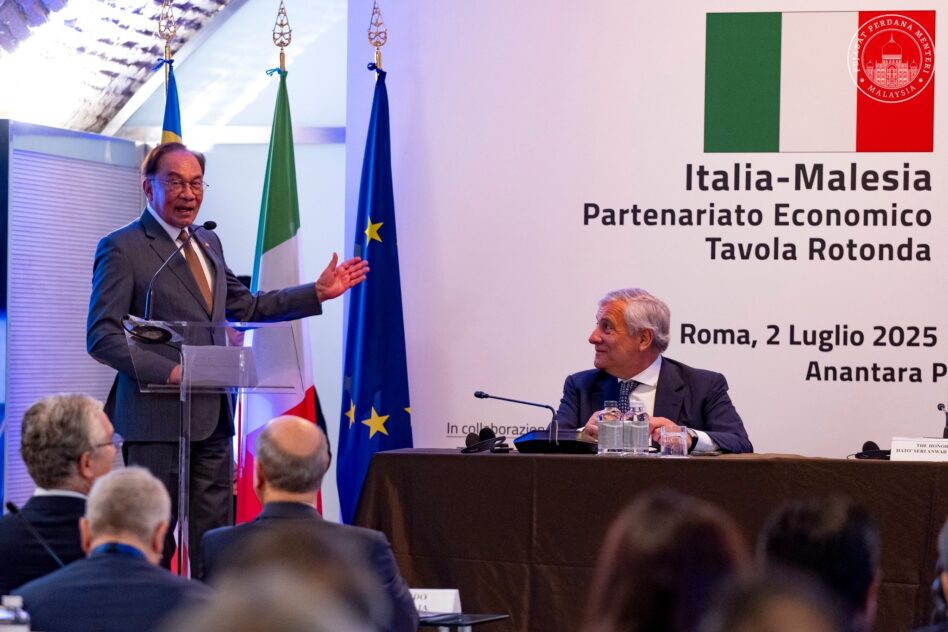By Doreenn Leong
THERE was some sense of relief when the Malaysian National Shippers’ Council (MNSC) issued a statement on Feb 13 that shipping lines will no longer be permitted to collect cheque deposits from shippers and have the option to use three alternative methods.
The council said the Minister of Transport (MoT) Anthony Loke had requested that shipping lines support and adopt alternative solutions to container deposits.
The alternative instruments are non-cheque deposit (NCD) by Selangor Freight Forwarders and Logistics Association (SFFLA), Container Ledger Account (CLA) and iCARGO+ .
SFFLA president Datuk Tony Chia told FocusM that MoT would issue a notification to this effect and has proposed the date of implementation of these alternatives to be Feb 1, 2020. However, the ministry has yet to issue such a notice.
According to MNSC chairman Datuk Andy Seo, the imposition of container deposit is an unnecessary financial burden as it affects the cash flow of shippers.
“The Bill of Lading, an agreement between the shipping carrier and the shipper, already provides sufficient liability clauses that safeguard shipping lines against container damages and losses.
“Further, statistically there are no figures to show any increase in the incidents of missing or late return of containers that justify the imposition of this punitive measure. Therefore, we strongly believe there is no justification to collect container deposits from Malaysian importers or forwarders,” Seo said.
According to MNSC, shipping lines are currently unregulated and shippers continue to be plagued with the arbitrary and unilateral imposition of land-side charges and fees including high terminal handling charges, depot gate charge and very recently, the collection of low-sulphur surcharge.
A shipping line representative said MNSC has made a “sweeping statement” and it painted a wrong picture of shipping lines not being permitted to collect container deposits anymore.
He told FocusM that shipping lines still reserve the right to continue collecting container cheque deposits from consignees who do not have the three instruments.
“Shipping lines are forced to collect container deposits as there are delinquent consignees who return the containers in bad shape and some of them use it as a warehouse. As it is, there are already huge uncollected bills due to damages and long detention of the containers.”
He added that the shipping lines have accepted the three instruments in lieu of the container deposit to help resolve the long-drawn impasse between the parties involved.
He pointed out that shipping lines do grant exemptions to consignees from having to provide a deposit as long as they have a good track record and good credit lines.
Previously, Shipping Association Malaysia chairman Ooi Lean Hin had said the practice of securing a security deposit against the release of an import consignment is one of the measures taken by container liner operators to mitigate their risks or exposure to non-payment of container damage recoveries and detention charges.
He said this is commonly practised by container liner operators worldwide where carriers face risks of non-payment of detention and container damage recoveries due from the merchants after the cargo is released to them.
Contractually, the merchant is responsible for delivering the empty container back to the carriers’ designated empty depot (receiving facility) in the same condition as it was released to the merchant at the load port and within the free time provided to the merchant at destination as per their contract to enable the consignee to unload their consignment from the container and the return of the empty box to the carrier.
The merchant is fully liable for any damage to the carrier’s container caused by the merchant’s cargo operations as well as any detention beyond the free time provided for in the contract.
Ooi added that there are many forms of security measures imposed by carriers on importers and it varies from one carrier to the other and from each merchant depending on the carrier’s assessment of risks.
He had said SFFLA’s NCD scheme as an alternative to security deposits only saw acceptance from 272 members out of its total membership of 648. There is also a big percentage of customs brokers who are not members of SFFLA. About 38 carriers have signed up for the scheme.
Insurance is another form of a security instrument which can be used to secure cargo release without the need to put up a security deposit. “Some of our members have an insurance scheme which can cover container damage recoveries and there is also a marine insurance cover offered by iCargo+ which provides extended cover for demurrage, detention and container damage recoveries without any additional cost to the marine cover,” Ooi said. – Feb 14, 2020








